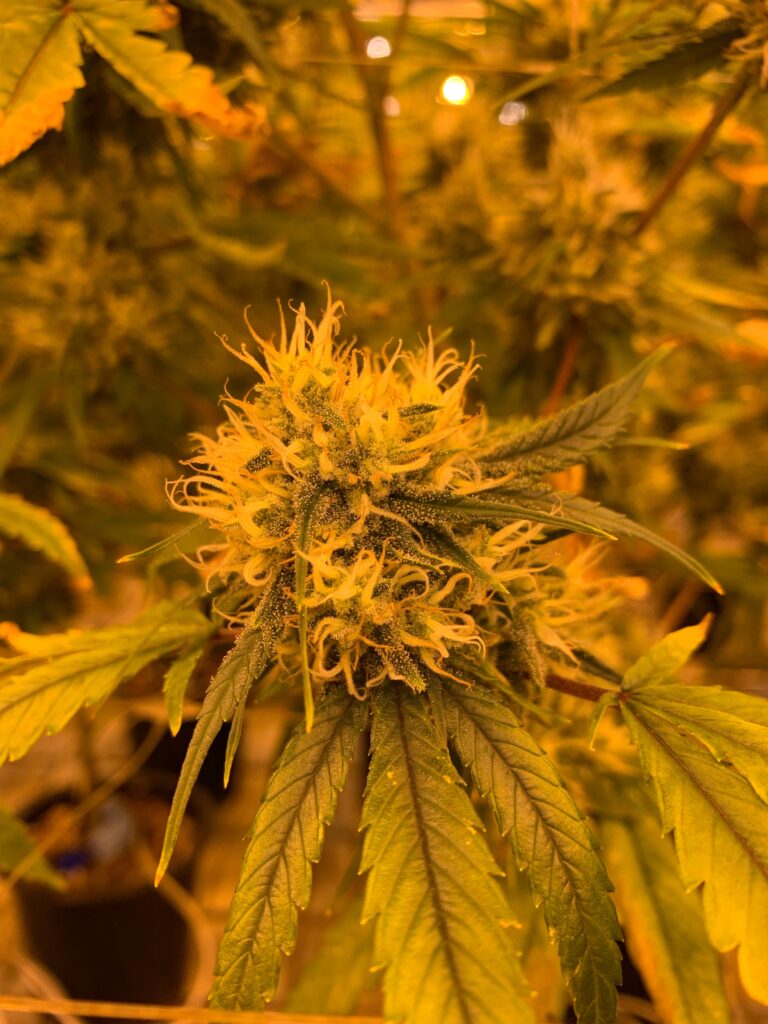What is the legality of cannabis in Nepal?
Despite its rich history and cultural ties to the plant, cannabis is currently illegal in Nepal. The Narcotic Drugs (Control) Act of 1976 prohibits the cultivation, production, sale, and distribution of cannabis and its products, including marijuana and hashish. However, the law has not always been strictly enforced, and the plant continues to grow in abundance in many parts of the country.
What is the public opinion on cannabis in Nepal?
Public opinion on cannabis in Nepal varies greatly, with some people considering it a part of their culture and religious practices, while others view it as a harmful substance. In recent years, there has been a growing movement advocating for the decriminalization or legalization of cannabis for medical and recreational purposes. Many believe that the legalization of cannabis could provide economic benefits for the country through taxation and tourism.
What are the laws, penalties, and law enforcement regarding cannabis in Nepal?
Under the Narcotic Drugs (Control) Act, individuals found in possession of cannabis or its derivatives can face the following penalties:
- Up to one year in prison for possession of a small quantity of cannabis
- Up to ten years in prison for possession of a large quantity of cannabis
- Fines based on the quantity of cannabis involved
Law enforcement agencies in Nepal are tasked with enforcing the Narcotic Drugs (Control) Act, and they often conduct raids and arrests to crack down on cannabis cultivation and trafficking. However, due to the widespread growth of the plant in the country and the inconsistent enforcement of the law, cannabis use and sales continue to persist in Nepal.
What is weed called in Nepal?
In Nepal, cannabis is often referred to as ganja or charas (hashish). The plant is also known as Bhang when used in a traditional drink made from cannabis leaves and flowers, mixed with milk and spices.
Is CBD legal in Nepal?
CBD, or cannabidiol, is a non-psychoactive compound found in cannabis plants. Although it has gained popularity for its potential health benefits, CBD remains illegal in Nepal, as it falls under the umbrella of cannabis and its derivatives prohibited by the Narcotic Drugs (Control) Act.
Is medical cannabis legal in Nepal?
Medical cannabis is not currently legal in Nepal. However, there have been discussions within the government and among activists about the potential benefits of legalizing cannabis for medical purposes. Advocates argue that medical cannabis could provide relief for patients suffering from various ailments, including chronic pain, epilepsy, and cancer.
What are the cannabis cultivation regulations in Nepal?
As mentioned earlier, the cultivation of cannabis is illegal in Nepal under the Narcotic Drugs (Control) Act. Individuals found growing cannabis plants can face severe penalties, including imprisonment and fines. Despite these regulations, cannabis continues to grow wildly in many parts of the country, and some farmers cultivate it for personal use or for sale in the black market.
What are the government laws and resources regarding cannabis in Nepal?
The primary government law regulating cannabis in Nepal is the Narcotic Drugs (Control) Act of 1976. This legislation outlines the penalties for possession, cultivation, and distribution of cannabis and its derivatives. In recent years, there have been calls to revisit and amend this legislation, with some politicians and activists advocating for the decriminalization or legalization of cannabis. The Ministry of Home Affairs and the Narcotics Control Bureau are the main government bodies responsible for enforcing cannabis laws in the country.
